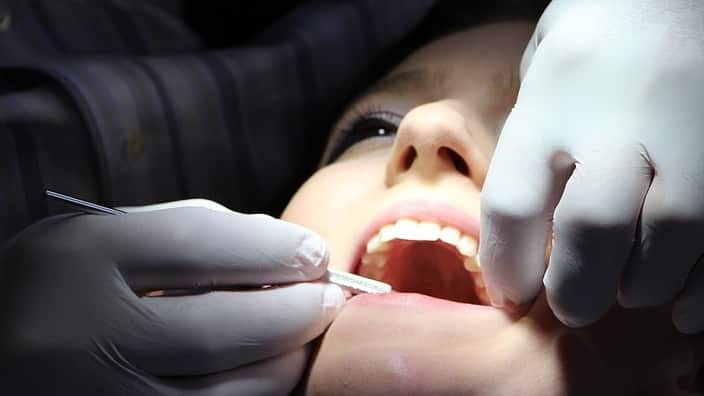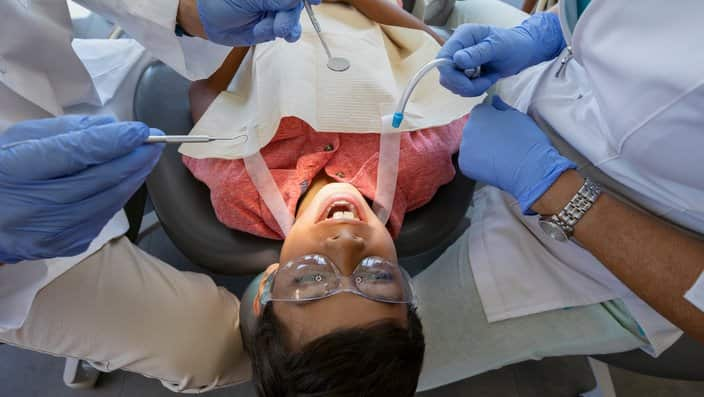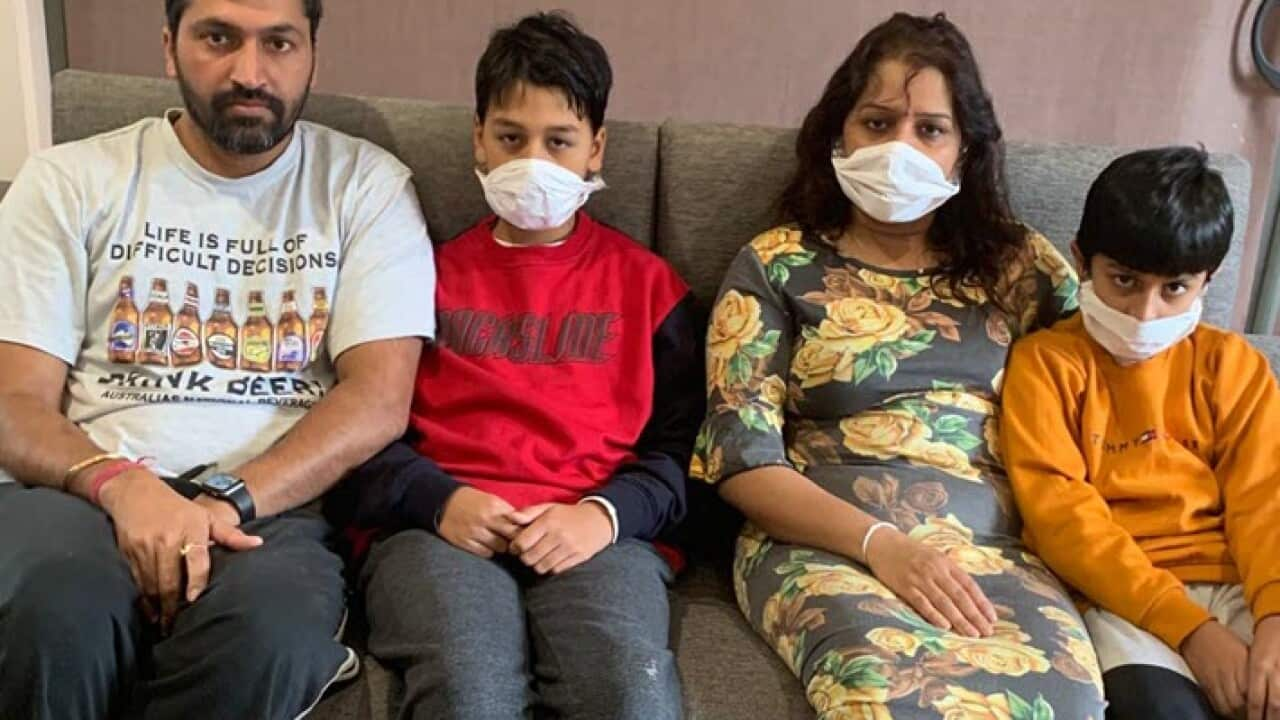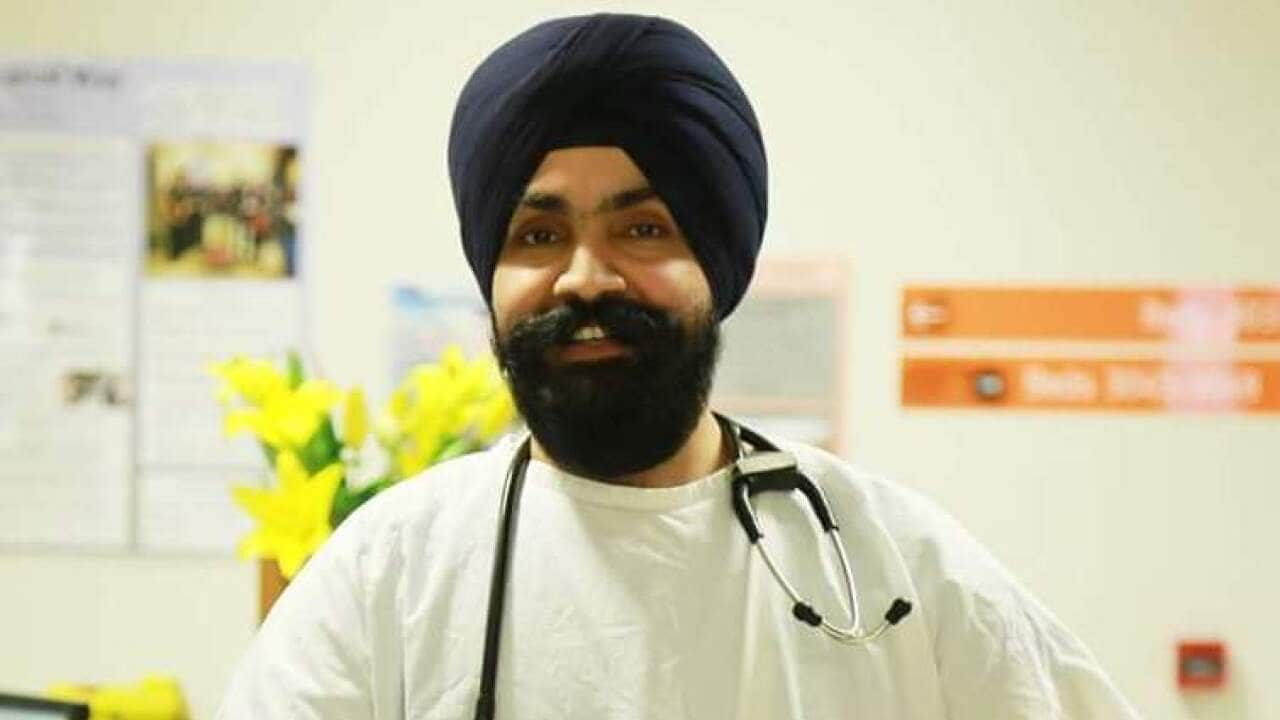Highlights
- Australian Dental Association's Level 3 restrictions have deferred non-emergency treatment
- Only emergency cases involving pain and trauma are being attended
- Dental staff have been stood down or made redundant at many clinics
Under instructions from the Australian Dental Association (ADA), all dental treatment – except emergency cases involving acute pain and trauma – have been deferred by dental practices in the public and private sector.
“Due to the proximity between a dental patient and the dentist, the risk of transmitting infection is very high. ADA has instructed us to follow Level 3 restrictions now under which we can’t perform any procedure that generates aerosols,” says Dr Harpreet Singh Judge, who runs two practices in Bairnsdale, in Victoria’s East Gippsland region.
Aerosols are very fine solid particles or liquid droplets in the air or a gas that can remain suspended in the air for several hours, thus posing a high risk of carrying and spreading infection.
Dr Judge, like many others running dental clinics across Australia, has had to cancel appointments given several months ago.
“We’ve informed people on our Facebook page and over the telephone about the deferment of non-essential treatment. As a result, we have less work, and unfortunately, we had to stand down some members of our clinic too,” he says giving an overview of the situation dental clinics find themselves in today.

Dr Harjot Kaur Gill, a dental surgeon who runs Gill Dentistry at Foster in Victoria's South Gippsland region, confirms loss of jobs in the dentistry sector.
"I run a small practice so I have only reduced hours for my staff nurse, but I know a mid-sized dental practice nearby has stood down three of its six staff," she says.
"A large-scale dental practice in Melbourne's Narre Warren, which had over 20 nurses and 12 dentists, attended to 100 patients on an average day before the coronavirus crisis broke out. Today, their numbers are down to one dentist and one nurse who attend to no more than five patients a day and the practice is now open only three days a week," Dr Gill elaborates.
Shedding light on the risk that has led to such a grim situation, Deepti Kakkar who works as a dental assistant at a community health centre in Melbourne's Epping, explains why there are fewer patients at dental clinics nowadays.
"Aerosol-producing procedures like scaling, fixing broken or chipped teeth, gum treatment etc bring a steady stream of patients to most dental clinics. Today, they are a strict no-no due to coronavirus-related restrictions," she explains.
“In the public health sector, our patients often get an appointment for procedures like scaling after a year or two. All those have been deferred now because they are considered non-essential. We understand it must be disappointing for them but we need to follow ADA’s instructions for everyone’s safety,” says Ms Kakkar.

However, Dr Judge, says exceptions must be made in emergency cases.
“Dental practices are still attending to patients with emergency needs. But we triage such patients over the phone by asking them if they have flu-like symptoms, fever if they’ve travelled overseas recently or been in close contact with such travellers, before giving an appointment,” adds Dr Judge who runs two dental practices in Bairnsdale.
Ms Kakkar and Dr Judge concur that staff working in dental clinics have to wear PPE (personal protective equipment) all the time to safeguards themselves from the coronavirus.
“We have to first thoroughly sanitise our hands, then wear a disposable gown, cap, face mask, followed by an eye shield and gloves,” says Ms Kakkar.
Dr Judge says that his patients are no longer allowed to wait inside the clinic for their turn.
“Our receptionist tells patients over the phone to wait in their car and come in only at the appointed time. Their temperature is checked at the door and a decision is taken on their entry,” he adds.
However, Ms Kakkar advises patients with dental infections to not avoid seeing a dentist due to the fear of the coronavirus.
“We are aware many people are ignoring their severe dental infection because they fear catching the coronavirus at a clinic. We want to assure them that we are taking adequate precautions so they shouldn’t ignore any infection as it could have very serious implications,” warns Ms Kakkar.
Emphasising the safety procedures being undertaken at dental clinics, Dr Judge says that if any emergency treatment is given, the clinic is thoroughly sanitised thereafter.
“I had to perform an emergency root canal treatment last week because my patient couldn’t bear the pain. In such cases, the clinic is abandoned for four-five hours so that the aerosols settle down, and then thoroughly disinfected,” adds Dr Judge.
Listen to the podcast in Punjabi by clicking on the player inside the picture at the top.
Coronavirus symptoms can range from mild illness to pneumonia, according to the Federal Government's website. Symptoms can include a fever, coughing, sore throat, fatigue and shortness of breath.
If you develop symptoms within 14 days of returning from overseas, you should call to seek medical attention.
If you don’t have symptoms but you have been in contact with a confirmed COVID-19 case, you should also call to seek medical attention.
If you believe you may need to get tested, call your doctor, don’t visit. Or contact the national Coronavirus Health Information Hotline on 1800 020 080.
If you are struggling to breathe or experiencing a medical emergency, call 000.
Listen to SBS Punjabi Monday to Friday at 9 pm. Follow us on Facebook and Twitter.







